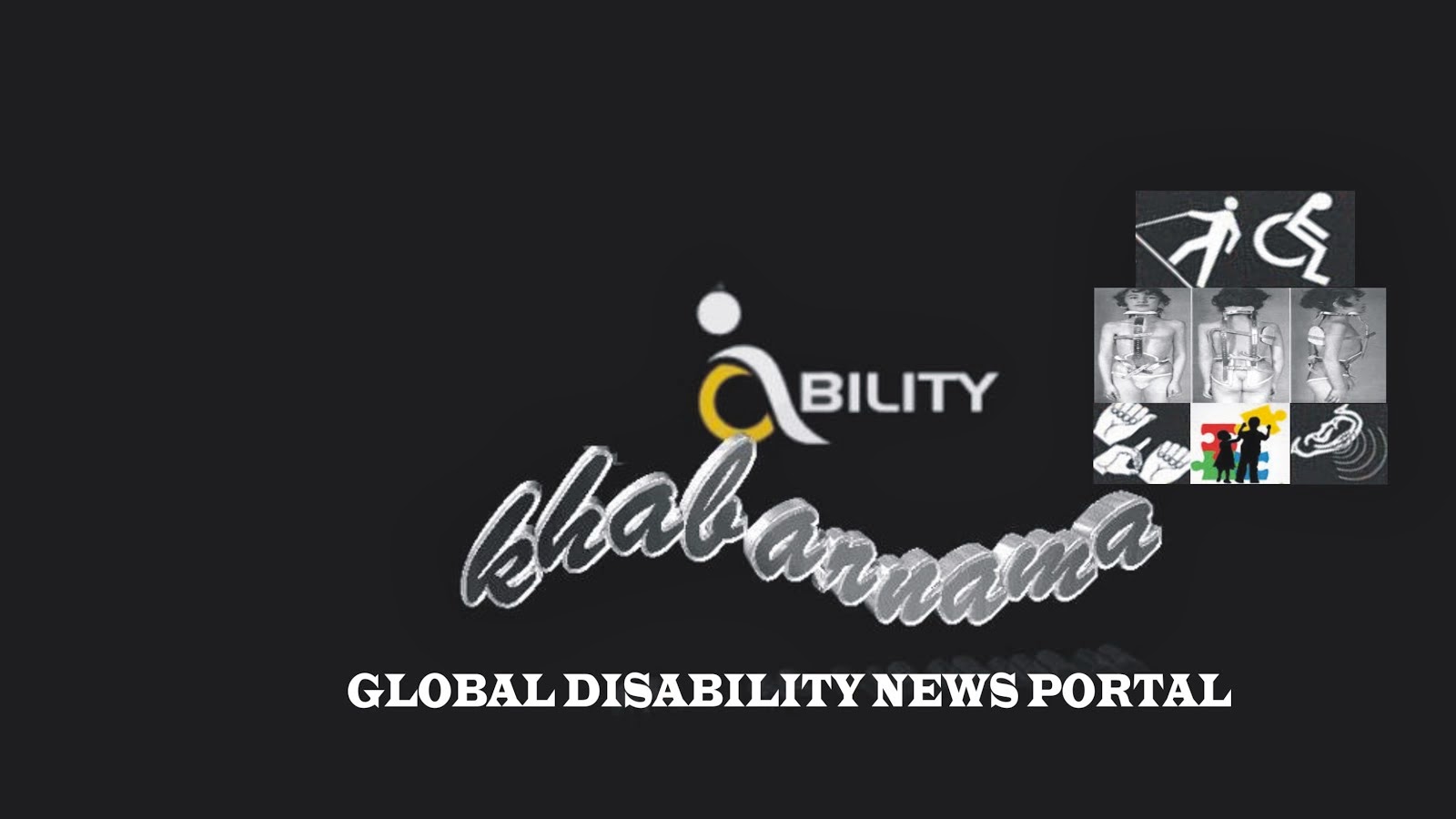The manifestos of all the political parties while highlighting major sops to the people at large have failed to mention what measures they will initiate to empower the differently abled.
The Shillong Times tried to contact
several leading candidates in the upcoming elections for their views on
the status of people with disabilities in the state and how they will
aim to improve their status, but without success. The candidates did not
return the calls.
But a study of several party manifestoes turned up little in the way of a plan to uplift the disabled.
While the Congress manifesto does
highlight some of what has been done during the term of the last
government, for example, the three percent reservation in government
jobs for persons with disabilities, there is little on what they will do
in the next five years.
There is also a small mention of the
disabled in the NPP manifesto, but absolutely no reference to them at
all in the UDP, BJP or NCP literature.
“With Assembly elections just over the
horizon there seems to be little concern, however, for the disabled, who
the executive director of Bethany Society, Carmo Noronha describes as
“basically a forgotten lot”.
According to Noronha, the greatest barrier is attitude, not physical barriers.
“Once the attitude changes then you are
ready to take the decision to change physical barriers. But in terms of
politics, we are still considered as objects of charity. Politicians are
part of society, so society needs to change.
Various aspects of everyday life need
improvement, according to Noronha and he was backed up in this by Bertha
Dkhar, a member of Bethany’s board, and Sajjad M Ali, co-founder of
Dwar Jingkyrmen.
Referring to the so-called
beautification project at Khyndailad, Noronha asked, “Has anybody come
and said, ‘can we take into consideration people in a wheelchair? Will a
person in a wheelchair go into a shopping mall?’”
He went on to state that when the SPTS
bus system was in its planning stage, he was promised that some of the
buses would be wheelchair accessible, but nothing has yet been done. Ali
noted the footpaths of the city, raised to such a height that makes it
difficult for even non-disabled people to use.
Among other issues raised by Noronha and
Dkhar is the difficulty that the disabled face in gaining admission
into some schools and employment in the private sector.
The state of healthcare also needs
improvement, most urgently in rural areas. “We don’t judge a house by
its living room, but by its kitchen and backyard,” Dkhar explained.
“It’s the same with India. We don’t judge by the cities but by what
happens in the rural areas.”
And corruption, something that affects nearly every part of society, is a major issue.
Asked what they would like to see
prioritized in the next Assembly’s term, all three gave similar answers,
calling on a look inward by politicians and society.
Noronha calls for a “mainstreaming” of
disability. To stop treating people with disabilities as a charity case
but see them as part of society who must have their human rights
fulfilled. He also called for MLAs to promise to conduct a detailed
survey of people with disabilities in their constituency.
He promised that if legislators do this, their “eyes will be opened”.
“An inclusive society benefits all, not
just persons with disabilities,” he added, referring to the fact that
the elderly and pregnant mothers, for example, would benefit from better
physical accessibility. “Why doesn’t the government ensure that there
is universal design in all buildings? Please think mainstream,” is his
plea.
His challenge to MLAs is to promise to pledge three percent of their funds for removing barriers that the disabled face.
Dkhar added, “If a leader breaks
barriers, others will follow. It’s important that we vote for people
with a vision, with a certain calibre and with compassion.”
What Noronha says must come after is a
universal approach to helping people with disabilities. Individual
politicians have helped Bethany Society – and Dwar Jingkyrmen – and may
provide help in individual cases in their own constituencies, but these
will not help the majority of people with disabilities.
Beyond the realms of politics, funding
and bureaucracy, there is also a simpler step that anyone can take. “All
you need is a little desire in your heart,” Ali says of what he would
like to see as a priority. “Treat a disabled person as a fellow human
being.”
Source : The Shillong Times ( 20th Feb 2013 )

No comments:
Post a Comment